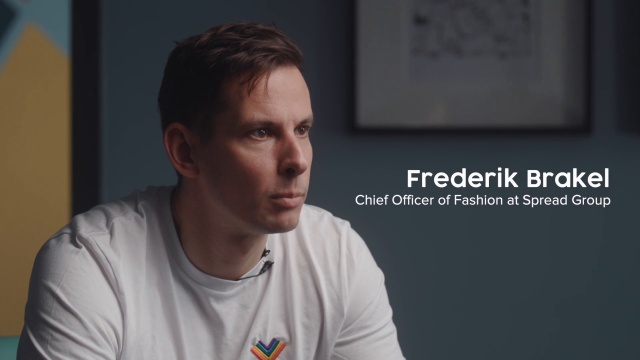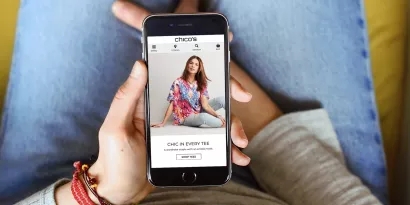
Fashion & Apparel
Consumer products
Retail and ecommerce
Spread Group + UserTesting
Watch how Europe's largest made-to-order printing business leveraged competitor insight to launch new features and increase sales


About the company
Spread Group is a global provider of customized fashion and lifestyle products. With the brands Spreadshirt, Teamshirts, SPOD and Spreadshop, Spread Group offers consumers, companies, and content creators (e.g., YouTube, Instagram, TikTok) digital services for the individualization of fashion and lifestyle products.
The made-to-order pioneer founded in 2002, in Leipzig, Germany, now operates five production sites in the U.S. and Europe and has annual revenues of over 175 million Euros. In 2021, Spread Group manufactured on demand more than 10 million products for customers in over 170 countries.

Get Started Now
Contact Sales- 20%Rise in the sale of organic / sustainable products
 Successful launch of the company’s sticker-selling function
Successful launch of the company’s sticker-selling function- 20xIncrease in testing over a decade with UserTesting
By 2012, Spreadshirt had established itself as an e-commerce pioneer and Europe’s market leader in the made-to-order business.
When the company began to invest in human insight, they recognized they had no easy way to reach people across the ocean and run studies with American users. Getting people from Leipzig to participate in-person and visit the Spreadshirt headquarters was no issue. But conducting user studies in the United States posed a problem.
The team recognized there were cultural differences between their German and US customers, and knew that applying insights from German samples to US customers wasn’t an option. Spreadshirt needed to solve the challenge in another way.
Spreadshirt brought their qualitative research practice online. They solicited video insights from the company’s customers and potential customers to understand perceptions of their products and their marketing campaigns before they took them live. Product designers understood they now had an option to quickly set up tests and gather feedback—which, in turn, would enable faster development.
That initial project marked the beginning of a 10-year collaboration between Spreadshirt and UserTesting. In year one, Spreadshirt ran 36 tests. And by the end of year two, UserTesting had become the go-to solution for research projects that demanded quick feedback, resulting in twice the number of tests conducted.
Over 10 years of collaboration, UserTesting has become a central component of research activities for B2C and B2B projects across the Spread Group brands. In the most recent year, the organization has run 735 tests—approximately 20 times as many tests as they conducted during their first year with UserTesting. Spread Group companies test with participants globally, but especially with American and German contributors, recording their responses in English and German respectively.

The research projects make a major impact for the business. For instance, Spreadshirt had UserTesting contributors analyze the websites of the organization’s made-to-order competitors. Then they used those video-based insights to craft the option to custom-print stickers and successfully launched the new component on their website.
Similarly, working with UserTesting helped Spreadshirt understand how to communicate with potential customers about their sustainability practices. Contributors were clear that Spreadshirt ran the risk of ‘greenwashing,’ by speaking vaguely in their marketing prototypes about the sustainable materials in their clothing. Spreadshirt took this insight to heart and began labeling their shirts as “organic” and developed clearer labels, filters, and categories to help visitors find the products they seek. Since implementing and releasing the name changes, Spreadshirt observed a nearly 20% increase in the sales of organic products in Europe.


Related customer stories
Get the latest news on events, research, and product launches
By submitting the form, I agree to the Privacy Policy and Terms of Use.



